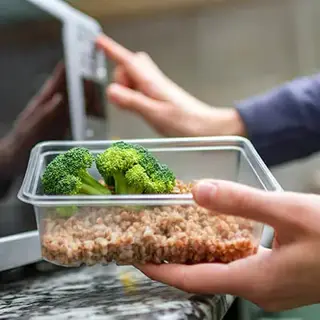– Japanese scientists climbed Mount Fuji and Mount Oyama to collect water from clouds
– The team identified nine different types of polymers and one type of rubber
– The cloud water tested contained about 6.7 to 13.9 particles per litre. This is according to a study published in the journal Environmental Chemistry Letters.
From the 6.8-mile-deep Mariana Trench to the summit of Mount Everest, microplastics have been found almost everywhere on Earth.
Now a study has shown that plastic is also floating in our clouds. Scientists warn that these microplastics are falling back onto the earth as ‘plastic rain’, where they contaminate almost everything we eat and drink.
Now a study has shown that plastic is also floating in our clouds. Scientists warn that these microplastics are falling back onto the earth as ‘plastic rain’, where they contaminate almost everything we eat and drink.
“If the problem of ‘plastic air pollution’ is not proactively addressed, climate change and ecological risks may become a reality and cause irreversible and serious environmental damage in the future,” said lead author Hiroshi Okochi of Waseda University.
The team identified nine different types of polymers and one type of rubber in the air, ranging in size from 7.1 to 94.6 micrometres. Each litre of cloud water contained between 6.7 and 13.9 pieces of these plastics. Moreover, there were many ‘hydrophilic’ or water-loving polymers. According to the researchers, this implies that the particles play an important role in rapid cloud formation – and thus climate systems.
“When microplastics reach the upper atmosphere and are exposed to ultraviolet radiation from sunlight, they break down and contribute to greenhouse gases,” Okochi adds.
Until now, not much was known about airborne transport of microplastics.
“To our knowledge, this is the first report on microplastics in cloud water,” the authors write in their article.
“To our knowledge, this is the first report on microplastics in cloud water,” the authors write in their article.
There is growing evidence linking microplastics to a range of negative impacts on – among others – our hearts, lungs and cancer, in addition to widespread environmental damage.
Maria Westerbos, director of Plastic Soup Foundation: “This is bad news for all of us. As much as 99% of all plastic is made from oil. So could you say it is raining oil?”



